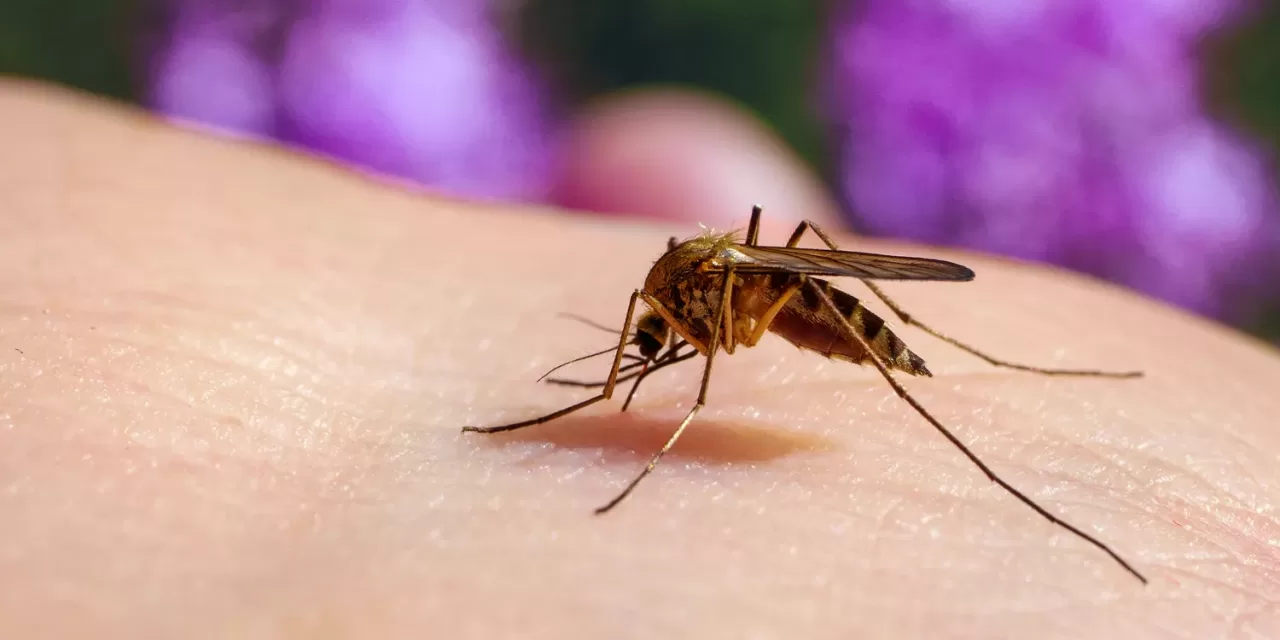Mosquito bites are a common nuisance, but they also carry a small yet real risk of serious illness. Recently, two mosquito-borne diseases have been making headlines due to their severe health implications. Both Eastern Equine Encephalitis (EEE) and West Nile Virus have been in the news, underscoring the importance of vigilance during mosquito season.
EEE and West Nile Virus in the Spotlight
In Massachusetts, health officials are responding to an alarming case of Eastern Equine Encephalitis (EEE). A man in his 80s was diagnosed with the virus earlier this month, prompting state officials to conduct aerial and truck-mounted pesticide sprayings to control mosquito populations. This marks the first human case of EEE in the state in four years.
Simultaneously, former National Institute of Allergy and Infectious Diseases director Anthony Fauci has been hospitalized with West Nile Virus, which he believes he contracted in his backyard in Washington, D.C. Fauci, a prominent figure in the health community, described his illness as the worst he has ever experienced. He reported severe symptoms including shaking chills and weakness, and noted that recovery could take weeks.
Both cases highlight the potential severity of these mosquito-borne illnesses, especially as the mosquito season continues in many parts of the U.S.
Where Have These Viruses Been Detected?
EEE cases have been reported in New Jersey, Vermont, and Wisconsin this year, with only four cases detected in the U.S. The virus is typically found in eastern or Gulf Coast states. West Nile Virus, however, is more prevalent and is the leading cause of mosquito-borne illness in the U.S. This year has seen 289 reported cases, with 195 being neuroinvasive, affecting the nervous system.
West Nile Virus has been particularly common in states like Texas, California, Nevada, Arizona, Louisiana, Mississippi, and Nebraska.
The Seriousness of EEE and West Nile Virus
EEE is rare and geographically restricted, with about a dozen cases reported annually. Symptoms can range from flu-like to severe, including:
- Fever
- Headache
- Vomiting
- Diarrhea
- Seizures
- Behavioral changes
- Drowsiness
Severe cases can lead to encephalitis (brain inflammation) or meningitis (inflammation of the spinal cord or brain membranes), with a mortality rate of 30%. Those who survive severe EEE often face long-term neurological issues.
West Nile Virus, while more common, also poses serious risks, particularly to older adults and those with weakened immune systems. Symptoms can include:
- Fever
- Headache
- Body aches
- Joint pains
- Vomiting
- Diarrhea
- Rash
In approximately 1 in 150 cases, the virus can cause severe neurological disease, including encephalitis or meningitis, which can be fatal in about 10% of such cases.
How to Protect Yourself
To minimize the risk of mosquito-borne diseases, follow these preventive measures:
- Use EPA-registered repellents containing DEET, picaridin, IR3535, or oil-of-lemon eucalyptus.
- Wear long-sleeved shirts and pants.
- Treat clothing and gear with insect repellent.
- Remove standing water around your home where mosquitoes breed.
While the risk of contracting these diseases is relatively low, it is essential to remain cautious. As Dr. Thomas Russo, an infectious disease expert, advises, “The serious consequences of these diseases are relatively uncommon but not unheard of. Do what you can to give yourself an edge.”
By staying informed and taking preventive steps, you can significantly reduce your risk of mosquito-borne illnesses.











